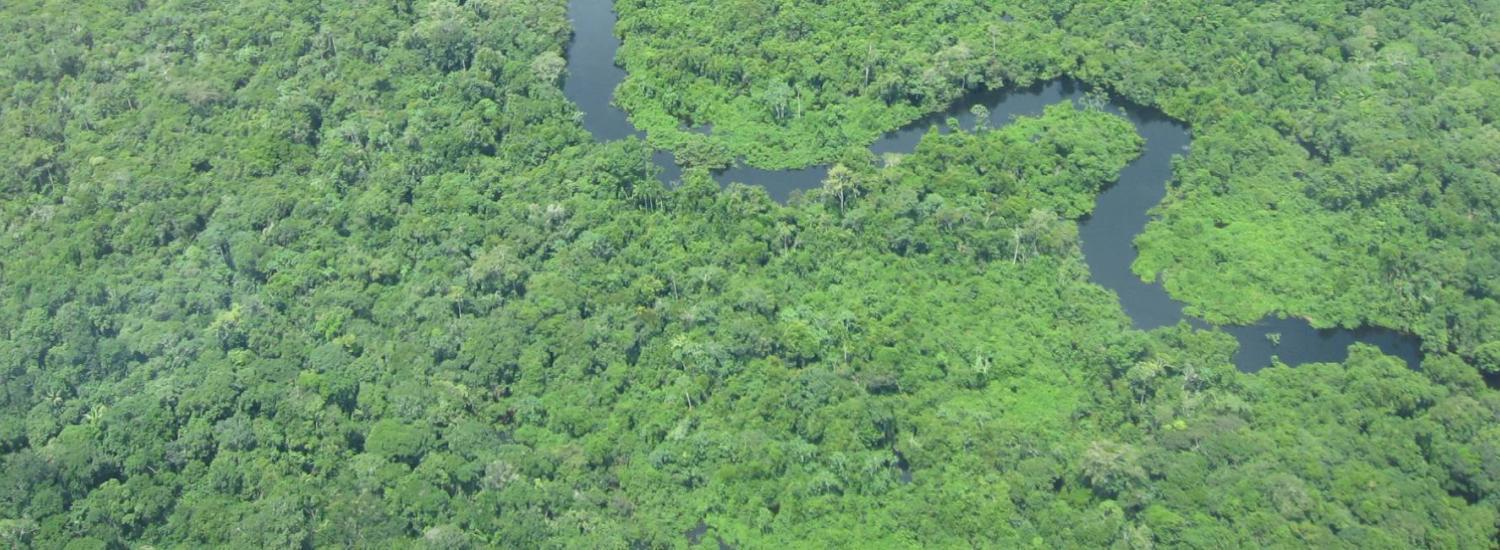Will Droughts Turn the Amazon into a Giant Source of Carbon Emissions?

As climate change increases temperatures and alters rainfall patterns across South America, will Amazonian rainforests shift from a carbon sponge to a carbon source?
New research published today in the journal Global Change Biology (may require subscription) highlights this disturbing question.
CIRES scientist Caroline Alden, working with Stanford University's Noah Diffenbaugh, NOAA's John Miller, and a broader international team, investigated by analyzing air samples taken by aircraft over four sites in the Amazon Basin in 2010–2012. The researcher found strong evidence that the 2010 drought caused much of the Amazon to significantly reduce carbon uptake for up to two years.
Pilot Fabricio B. Barbosa and researcher Luciana Gatti in the cockpit of a small research aircraft sent over the Amazon Basin to help scientists understand the rainforests' impact on carbon dioxide levels in the atmosphere. Luciana Gatti, IPEN Brazil
Of the roughly 10 billion metric tons of carbon emitted each year by industrial activity, roughly half is taken up by the oceans and forest ecosystems like the Amazon, according to data collected by NOAA’s Global Monitoring Laboratory. What scientists don’t know is how a changing climate will affect this ecosystem service in the Amazon.
“The Amazon ecosystem is a critical part of the global climate and carbon system, and home to unparalleled biodiversity,” said Alden, who led the work as a University of Colorado Boulder postdoctoral researcher with Miller and at Stanford University. Alden is now back at CIRES and CU Boulder as a research associate, and is also affiliated with NOAA. “These findings highlight how much more we still have to learn about tropical carbon-climate interactions, and underscore the importance of continued monitoring of the atmosphere in tropical regions," Alden said.
Caroline Alden, CIRES/CU Boulder.
The new study expands on earlier work conducted by Miller, which examined atmospheric CO2 levels across the Amazon Basin, and other studies of small Amazon forest plots have found a similar response to heat and drought.
If climate change causes tropical forests to stop absorbing carbon and instead give off large amounts of CO2 it would accelerate global climate change.
“We need to know if climate change will dampen or eliminate rainforest carbon uptake,” said Miller. “Understanding how present-day climate extremes affect the rainforest will help us more accurately project future climate change.”
A CIRES/NOAA video from 2014.